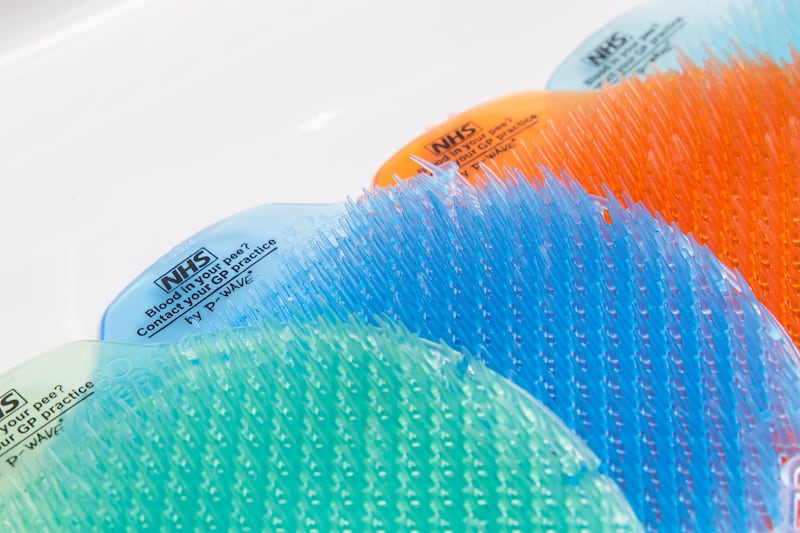A NEW treatment for prostate cancer discovered by researchers at Queen's University Belfast could significantly improve outcomes, according to a study.
The breakthrough drug must be used in combination with radiotherapy and is specifically for men who have an advanced stage of the disease but where the cancer has not spread.
Developed by a team from the university's School of Pharmacy, they found the treatment can make cancerous cells up to 30 per cent more receptive to radiotherapy while simultaneously reducing adverse side effects that limit quality of life.
Prostate cancer is the most common form of cancer in men in Northern Ireland, with three new cases diagnosed every day.
It causes around 250 deaths a year.
Radiotherapy is extensively used for localised cancers, offering the best chance for curative intervention.
However, just under a third of prostate cancer patients experience treatment failure leading to disease progression.
The Queen's researchers have developed a new nanomedicine comprised of tiny gold particles, coated in a small peptide called RALA.
If these nanoparticles are present in tumour cells when treated with radiotherapy, they increase the cell killing potential - and crucially help reduce the risk of disease relapse.
Professor Helen McCarthy, who worked on the study, explained: "The peptide enables the gold nanoparticles to be delivered more efficiently to the tumour cells. The gold then interacts with the radiotherapy, increasing the cell killing effect in a highly localised manner".
The researchers have been awarded £376,000 from Prostate Cancer UK to evaluate the effectiveness of a "one-off implant" - as opposed to repeated injections to the tumour - aimed at increasing the sensitivity of prostate cancer cells to radiotherapy.
Dr Jonathan Coulter also worked on the research said they are keen to develop it further.
"Our research has shown that ultra-low concentrations of the RALA-gold nanoparticles effectively sensitise prostate tumour cells to radiotherapy," he said.
"We now want address the second major challenge, consistently delivering sufficient nanoparticles to the tumour throughout a patients’ radiotherapy. We are delighted that Prostate Cancer UK are supporting our proposal to develop a biodegradable implant designed to provide sustained release of the gold nanoparticles.
"Following insertion into the main tumour lesion, the biodegradable implant will consistently release the nanoparticles over time. This is opposed to current approaches that involve daily injections.
"Following consultation with a local prostate cancer patient focus groups, we learned that a one off implant would be better tolerated by patients than regular injections to the tumour.”
The Queen's study is published in the Journal of Nanobiotechnology.








